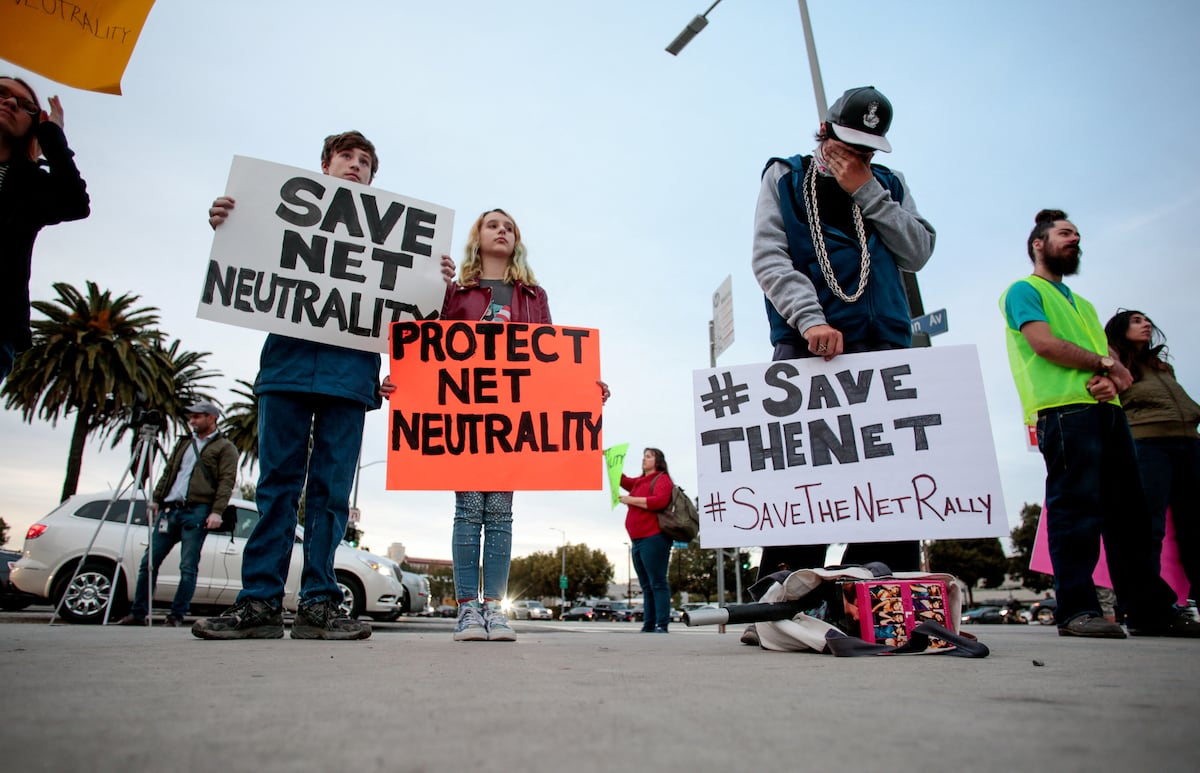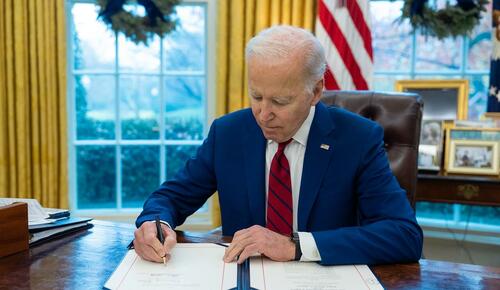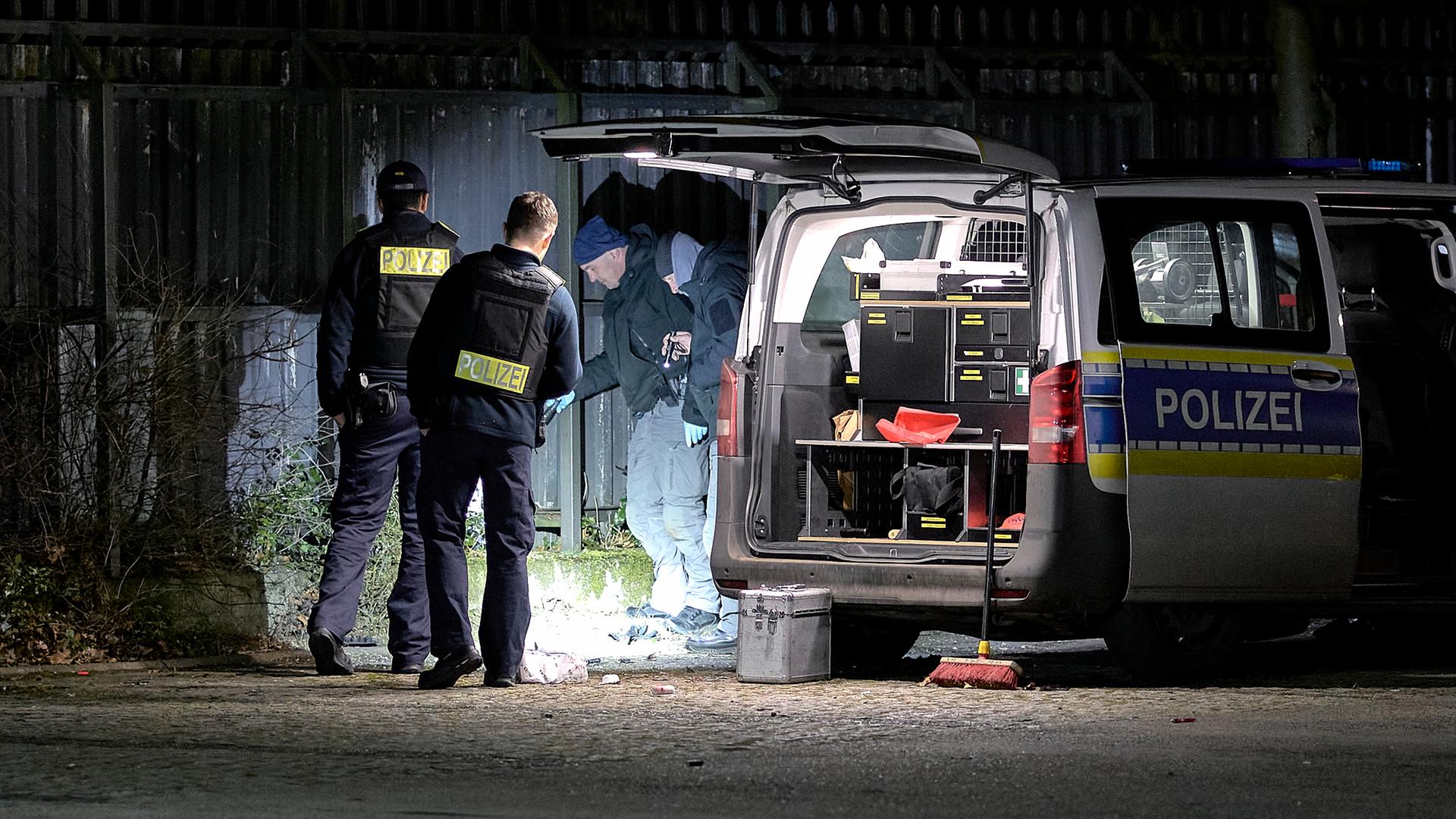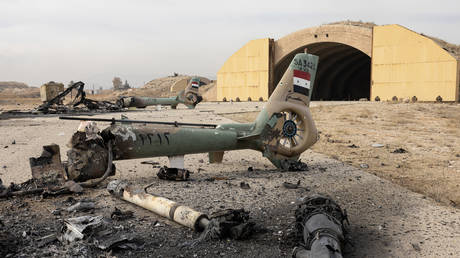The judges consider that the Federal Communications Commission does not have the power to impose regulation.

Indeed, the brilliant White founding fathers, made a constitution which empowered the US Congress to make law and have the power to impose regulation. Nowhere in the US Constitution or in the spirit of freedom and liberty did they entrust lawmaking or the imposition of regulation, to unelected, bureaucrats to do so. If this were the case, that unelected bureaucrats to be entrusted with such power, then we need another revolution an we need a king.
Does anyone remember the wild, wild west of the internet when there was no net neutrality? When there was Napster, BittTorrent and no rules proposed, in congress to make file sharing illegal, by that fucking Jew Chuck Schumer? We remember. Those were good times. Think on that. That's another reason to banish all Jews, in the West, home to their precious Israel. However, as per usual, we digress.
Below is an article written by some foreign fuck, named Miguel Jiménez, a man we are sure, knows nothing about the US Constitution, the law or truths or rights. Fuck him, he does not matter. We suspect that he may also be a Jew. Just saying. I mean look at the beak on that fucker. It was originally written in Spanish and here is the translation.
Net neutrality is not what it used to be. There was a time when it was thought that this principle was vital to avoid a discriminatory Internet and that the future of the Internet depended on a rule that prevented broadband providers from blocking or slowing access to certain content. The evolution of the market has diminished the importance of that principle, but the swords were still raised in the conceptual, regulatory and legal battle. This Thursday, a court shelved the matter in the United States by concluding that the Biden Administration's Federal Communications Commission (FCC) exceeded its powers by reinstating net neutrality last year.
In a 26-page ruling that resolves more than a dozen appeals at a stroke, the Court of Appeals for the Sixth US Judicial Circuit, based in Cincinnati (Ohio), repeals net neutrality. Curiously, to reach his conclusion, he establishes that Internet access is not a telecommunications service but an information service. Since it is not comparable to telephone service, the Communications Act would not give the FCC the power to impose such regulation.
Said law says in its article 153 (24) that an information service is considered “the offer of a capacity to generate, acquire, store, transform, process, recover, use or make available information through telecommunications, and includes the electronic publication, but does not include any use of such capacity for the management, control or operation of a telecommunications system or the management of a telecommunications service.
“The key here is not whether broadband internet service providers use telecommunications, but whether they do so by offering consumers the ability to do more,” the judges reason, threading that distinction very finely. “Telephone service is limited to transmitting what an interlocutor creates; It does not give access to information,” they explain. With similar reasoning, using another article of the law, the judges conclude that mobile broadband is neither a telecommunications service nor a “commercial mobile service,” but rather a “private mobile service.”
Since the law only expressly enabled the FCC to regulate telecommunications services and the judges conclude that broadband access is not, they apply the new Supreme Court doctrine that restricts the regulatory power of federal agencies. They apply the Supreme Court's reasoning from a case last year (Loper Bright Enterprises against Raimondo), which revoked the so-called Chevron doctrine of 1984.
The FCC shielded the principle of Net neutrality in 2015, during the presidency of Barack Obama. With the arrival of Donald Trump to the White House and Republican dominance of the FCC board, the regulator decided to eliminate it in 2017. The effects were limited. There were already experts who pointed out that the apocalyptic predictions were somewhat exaggerated. Last April, the Democratic majority of the FCC approved the new regulation, now annulled, by which Internet service providers were once again expressly prohibited from blocking legal content from Internet service providers, throttling speeds and creating fast lanes that favor those who can pay for access.
For users there are already different access rates depending on download speed or data limit, but what the rule prevented was discriminating against the content of platforms such as Netflix or YouTube or requiring payment in exchange for quality access to their content. , which consume a large part of the network capacity. It is a traditional battle for operators, who complain about having to undertake the network investments that these free transmission services (known as OTT, over the top) take advantage of.
One of the biggest critics of the regulation was the current secretary general of the FCC, Brandan Carr, who has been proposed by Trump as president of said body. Carr highlighted “the apocalyptic rhetoric”, in his opinion unjustified, that accompanied the repeal of the principle of net neutrality in 2017. “The media and politicians meaninglessly parroted his claims. They predicted 'the end of the Internet as we know it'. Consumers would have to pay to access the websites. None of that happened. “Americans were subjected to one of the biggest deceptions in the history of regulation,” he said then. The market was preparing for another regulatory lurch that the ruling issued this Thursday makes unnecessary.
Some Democratic congressmen advocate that Net neutrality be established with a federal law, but with a Republican majority in both chambers, that is for now a mirage. Jessica Rosenworcel, Democratic chair of the FCC, advocated in a statement for that hypothetical solution. “Consumers across the country have told us time and time again that they want a fast, open and fair Internet. With this decision, it is clear that Congress must heed their request, assume Net neutrality and include the principles of the open Internet in federal legislation,” he said.











